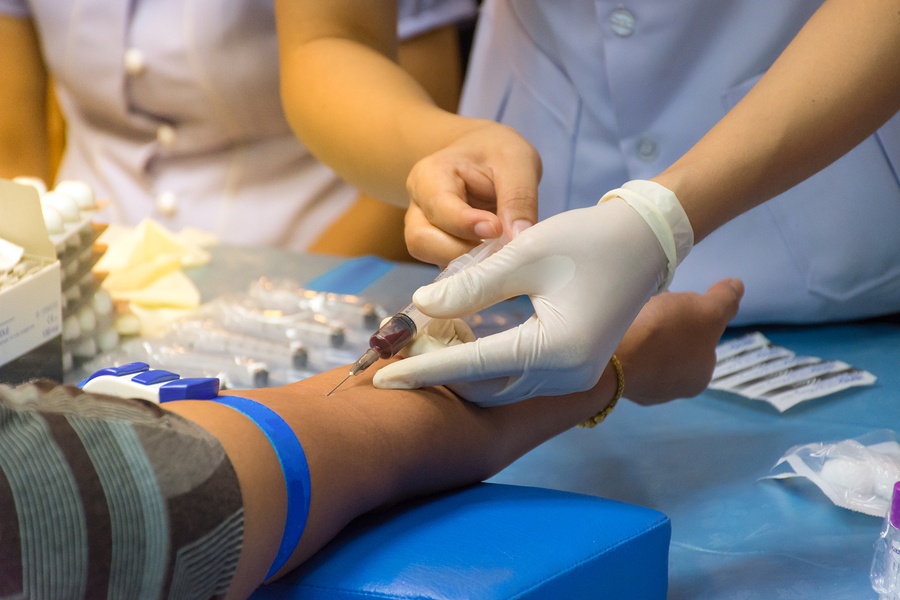Medical Assistant Skills Checklist
Posted On August 6,2018

If you’re looking for a career that is both in demand (and will continue to be in demand for the foreseeable future) and that is personally fulfilling, then becoming a medical assistant is something you might want to look into. In fact, the job outlook for medical assistants is expected to be extremely favorable compared to the average job, with the Bureau of Labor predicting as much as a 29 percent growth.
However, if you do decide that you want to pursue a career as a medical assistant, you’ll want to be aware of what skills will be required from the job. The following is a medical assistant skills checklist that goes over what skills you’ll be expected to have as a medical assistant:
Start your CMA- The ability to take vital measurements – Doctors will not have the time to take the vitals of their patients. They will come in expecting their vitals to be recorded so that they can use the information to aid in helping make a prognosis. As a medical assistant, you will be required to take measurements that include a patient’s temperature, blood pressure, respiration, and pulse. Although new advances in technology continue to make it easier to take vitals, medical assistants are required to know how to do certain tasks, such as taking blood pressure readings, manually.
- The ability to perform EKGs – EKGs, or electrocardiograms, measure the electrical activity in the patient’s heart. Knowing how to perform an EKG is important because it’s information that the doctor will need access to in order to help them diagnose any issues the patient might be having.
- The ability to draw blood – You will need to be able to draw blood from the patient in order to have it tested. This requires a steady and calm hand as well as clinical knowledge. Not only will you need to be able to locate a superficial vein, you’ll need to be able to insert a needle and safely draw blood from it. Besides knowing how to draw blood, you’ll need to know how to deal with patients who may be scared of needles or blood to make them feel more comfortable during the process.
- The ability to take care of basic wounds – Because surgeons are busy with more pressing matters, medical assistants are required to handle basic wound care. This can include everything from applying basic dressings to removing sutures. Not only does this require certain knowledge and skill in terms of maneuvering around certain wounds and the skin in general, but you’ll need to know how to use sterile and sanitary techniques.
- The ability to schedule appointments – Clinical duties aren’t the only responsibilities that medical assistants have. As a medical assistant, you will also have administrative duties. For example, you will need to be able to schedule patients for future appointments. This requires you to have organizational skills as well as communication skills. You’ll need to be able to figure out when the doctor has openings in their schedule and align that with the needs and schedule of the patients.
This medical assistant competency checklist may seem a bit overwhelming. Fortunately, you’ll be taught all the necessary skills to become a successful medical assistant if you attend the Athena Career Academy. Find out more about pursuing a degree in our medical assistant program by contacting us at the Athena Career Academy in Toledo, OH, today.